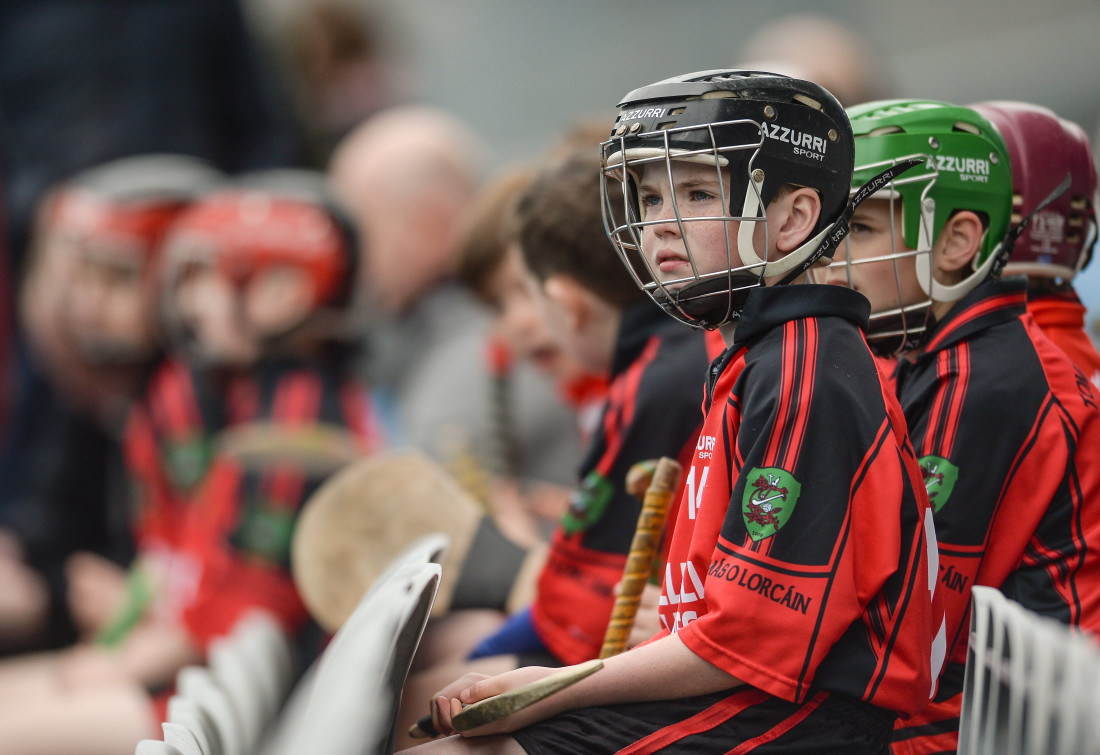By Steven Poacher
ONLY a few weeks ago, big news emerged from Croke Park that the GAA is taking out the competitive element out of games and blitzes for hurling and football for u-12, in a bid to make the sport more inclusive, forgiving and ultimately more focused on participation and enjoyment.
There has been a mixed response to this news, with some GAA pundits feeling it’s a positive move with an emphasis on enjoyment and development. Others feel losing the emotion of winning and losing will negatively impact development. For me, it’s a positive move.
As I have mentioned in previous articles, in Spain, there are no full-sided games under the age of 14., This is very interesting considering that they probably produce some of the most technically gifted footballers in the world.
Now it may not just be down to the fact they play small-sided games and monopolise the volume of touches players get, but it surely has a positive impact of some sort.
In England it’s the opposite at underage level. They are playing full-sided soccer from a very young age and, interestingly, I recently received a tweet from a school soccer coach in England whose school has had county and national success at soccer and I asked him the question ‘what’s the focus at school’s level in England, is it development over winning?’ His reply was that the focus is on winning, size is chosen over technical ability nearly all the time.
Is it any wonder England look so much technically inferior to the Spains of this world?
Just as recently as a few years ago, an article emerged in a local newspaper in Leicester to say underage football is so out of control at this moment in time in England that someone could be killed. The main source of aggro is coming from the aggressive behaviour of parents.
There had been incidents of parents threatening to stab referees, another head-butting incident, young players being man handled, damage to changing rooms and over 10 games were abandoned due to out of control parents.
You may be reading this thinking ‘ah sure that’s over in England, that’s soccer, that would never happen in the GAA’. I have witnessed first-hand in the last few years, at u-8, u-10 and u-12 tournaments, out of control parents putting unnecessary pressure on the coaches and more importantly on the players, none more so than their own children.
We have also seen the high-profile incidents with officials in Roscommon, Dublin and Wexford to know that it is rife in our own games, and something that needs addressed as soon as possible.
I know we see coaching courses advertised regularly and child protection courses too, which is brilliant, but I really feel every club should run a series of courses for parents in how to conduct themselves at underage games or training.
This is the issue; the coaches of these younger teams tend to be the parents and it’s ok to say that it’s not the young people’s fault for this new initiative, but overzealous parents and coaches, well if that is the issue then go to the very core and start to educate those responsible.
There are ways in which clubs and coaches can educate parents to become better sporting parents, here are a few:
– Be supportive of the children. Don’t pressurise them into playing and support the decisions they make both on the field and off the field.
– Give positive praise. Know when to show praise and when to keep quiet, and don’t forget to praise other players on the team and also the opposition, show appreciation of good play.
– Be calm and composed. If your child gets tackled aggressively or is involved in something contentious, let the referee deal with it and keep control of your emotions.
– Promote the process of taking part and being involved. Don’t talk about, “you have to win this one”, it’s one of the main reasons children leave sport that pressure of we have to win.
– Allow the child to express themselves and play their own game. Let the child make decisions and make mistakes, if they make mistakes they learn, don’t try and play the game for them.
– Engage positively with other parents not just from your own club but from other clubs. Positive relationships help create a more positive environment for everyone.
– Celebrate participation. Even when there is a defeat, try to put a smile on the children’s face straight away, remember you didn’t lose the game; you are there to support and help.
– Provide an excellent role model to the child by watching your body language and your language. Remember, children will not always remember what you said but will remember how your words made them feel.
Receive quality journalism wherever you are, on any device. Keep up to date from the comfort of your own home with a digital subscription.
Any time | Any place | Anywhere












